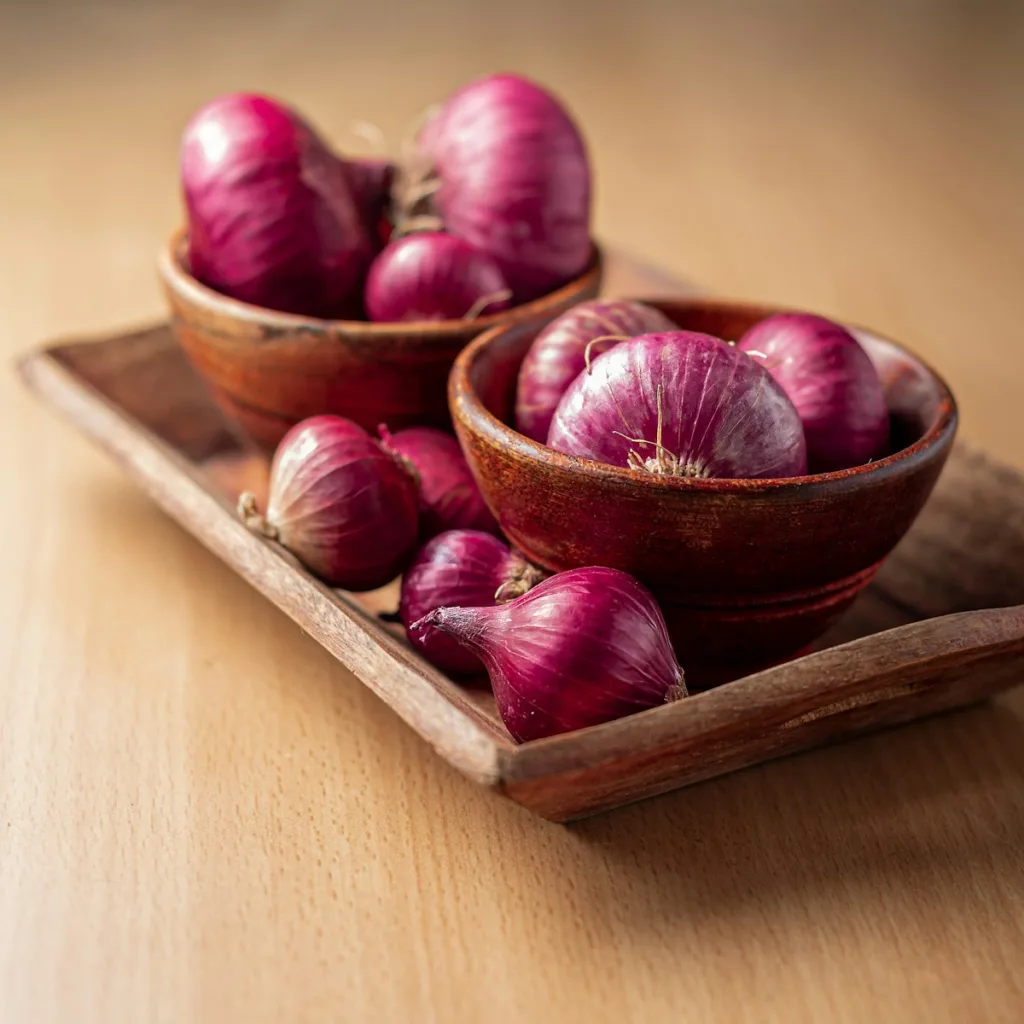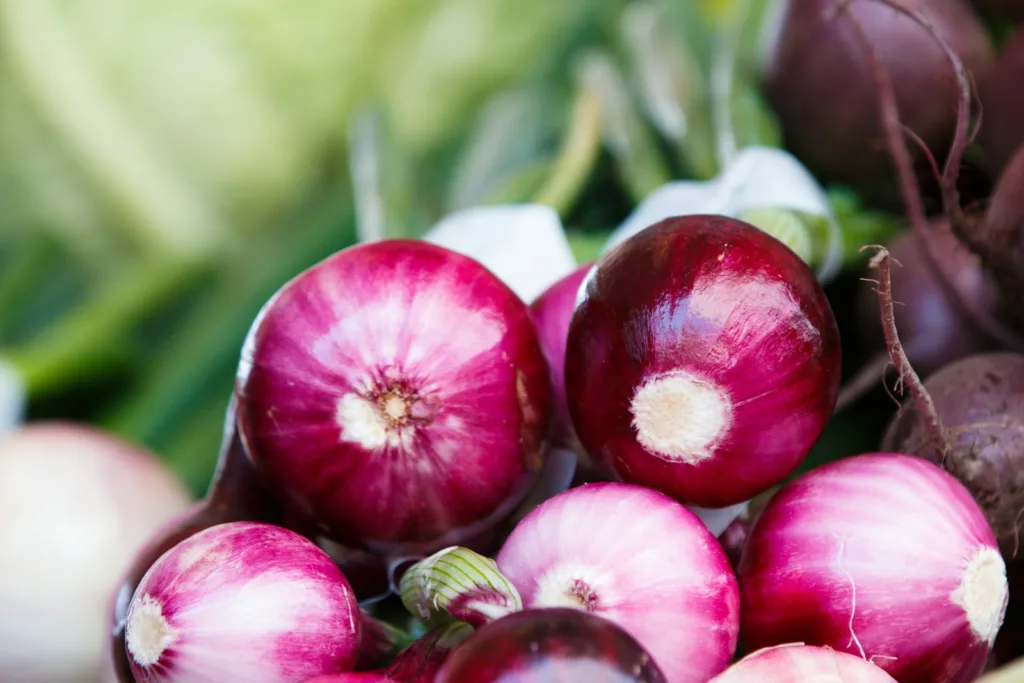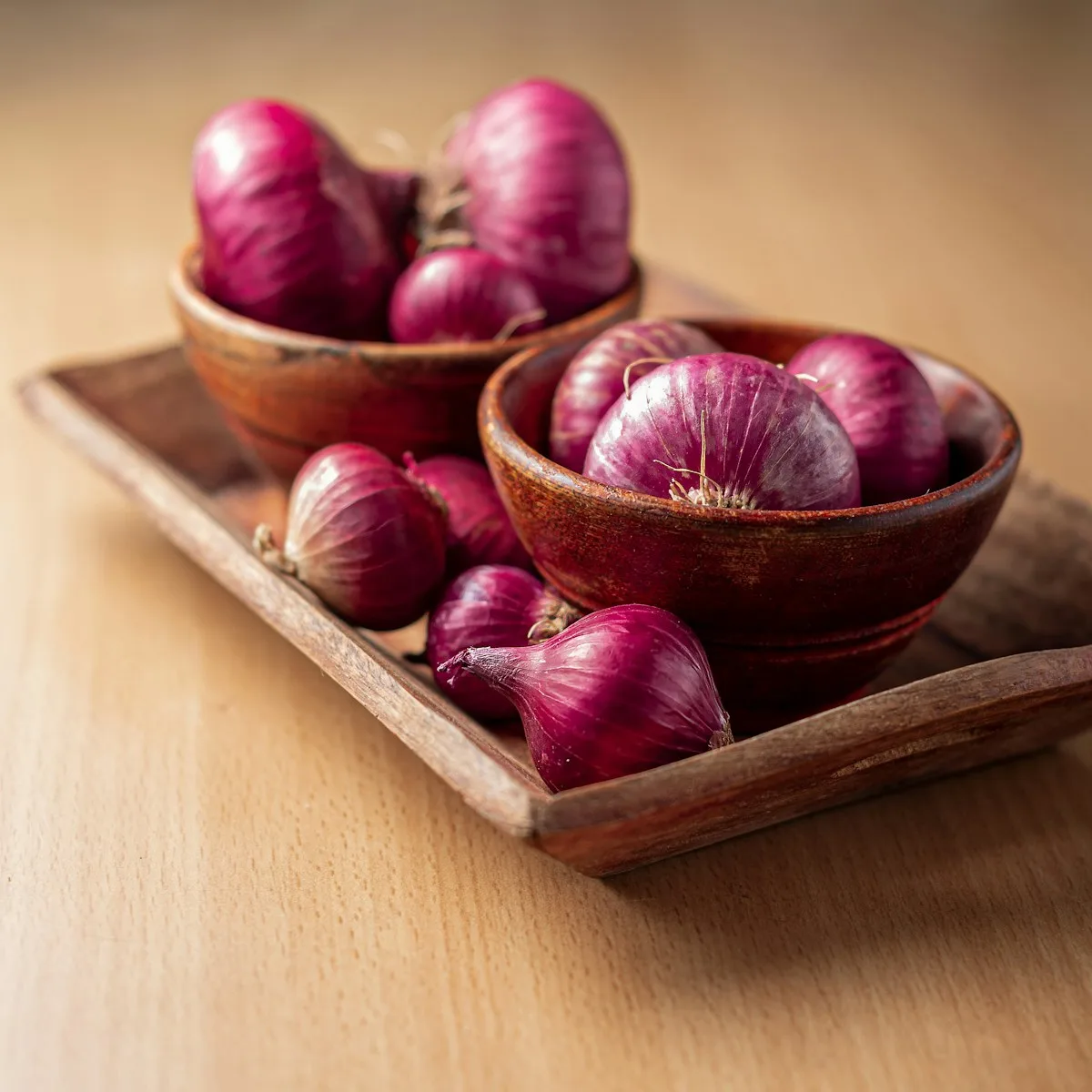
Table of Contents
Eating onions immediately after buying them is the most obvious way to prevent them from sprouting. But if you buy onions in bulk like I do, you can use proper storage to minimize germination.
Onions should not be kept in places with high humidity or heat. If you live in a more temperate climate with low humidity, you can store your onions in a dark place, such as a pantry or closet. On the other hand, if it is the height of summer and you live in a very humid climate, you should store it in the refrigerator.
You know that delicious, aromatic aroma that wafts through the room as soon as you start preparing dinner? We can usually collect onions for that. The easiest way to add a base of flavor to a dish is to use onions or any type of allium.
They are also highly adaptable; A green bean casserole just wouldn’t be the same without them. You can fry them to a crispy coating, pickle them in a strong marinade, or gently caramelize their natural sugars.
Onions are another incredibly flexible vegetable. Onions have been a staple food for civilizations for ages, and their hardiness contributes to their popularity. Some types of onions can last for months if stored properly. But occasionally, even subtle preservation methods can result in onion growth.
Sprouts often signal when a vegetable is at its best. Furthermore, it may also indicate that certain crop varieties such as potatoes, are no longer suitable for consumption. But what are sprouts in relation to onions? Here’s everything you need to know about sprouting onions, including safety issues, how they affect flavor, and how to avoid them.
Why Do Onions Sprout?
The life cycle of an onion naturally includes a budding stage. Although they are botanically classified as bulbs, they are known as root vegetables in the culinary world. Furthermore, onions, like other bulbs (including flowers), are essentially the dormant stage of a mature onion plant.
When the onion reaches the ideal growing environment, sprouting begins. This does not always have to happen when buried in dirt. Onions are tricked into thinking it’s spring when they’re stored in warm, humid, and/or light-filled locations, which stimulate the sprouting process.

Are Sprouted Onions Safe To Eat?
Onions are safe to use in all parts, unlike potatoes, the mature plant of which is harmful to humans. So, don’t worry if you see green shoots sprouting from your vegetables.
In fact, you don’t even need to take it out. While onion sprouts taste somewhat similar to scallions or green onions, they are not the same. Thus, go ahead and slice them and use them in your meals.
Although sprouted onions are safe to consume, there are a few things you need to be aware of. Onion utilizes the sugars contained in the bulb to provide adequate nutrition for sprouting. This will gradually reduce the sharp taste of fresh onions. It doesn’t matter if you are cooking onions. However, onions will taste more astringent when prepared fresh, so we recommend using them.
If your sprouts are mushy, oozing juice, or moldy, you should throw them away (or compost them!).
How Do You Prevent Onions From Sprouting?

Eating onions immediately after buying them is the most obvious way to prevent them from sprouting. But if you buy onions in bulk like I do, you can use proper storage to minimize germination.
Onions should not be kept in places with high humidity or heat. If you live in a more temperate climate with low humidity, you can store your onions in a dark place, such as a pantry or closet. On the other hand, if it is the height of summer and you live in a very humid climate, you should store it in the refrigerator.
READ |Is it healthy to eat sprouts raw or boiled?

